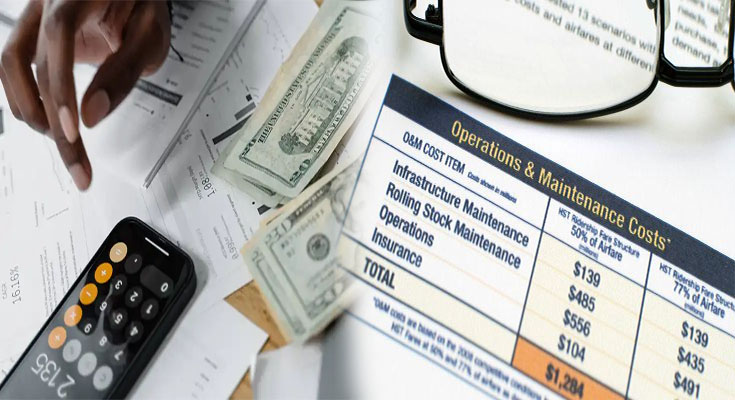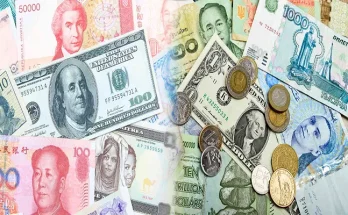Money plays a crucial role in our daily lives, enabling us to facilitate transactions and exchange goods and services. One of the essential functions of money is to reduce transaction costs and promote efficiency in the economy. In this article, we will explore how money achieves this and why it is vital for economic growth.
What are transaction costs?
Transaction costs refer to the expenses incurred when buying or selling goods, services, or assets. These costs include fees, commissions, paperwork, transportation, and any other expenses associated with the exchange. Transaction costs can be both monetary and non-monetary, and they can hinder economic activity by slowing down transactions and reducing efficiency.
Liquidity and reduced transaction costs
Money is a medium of exchange that provides liquidity, making it easier to buy and sell goods and services. By using money as a means of payment, individuals and businesses can eliminate the complexities and inefficiencies associated with barter systems. Money allows for standardized pricing and simplifies the process of determining the value of goods and services.
With money, transactions become more efficient and less time-consuming. Instead of looking for a direct exchange partner with a specific need or offering, individuals can simply exchange their goods or services for money and use that money to purchase what they desire. This increased liquidity reduces transaction costs and promotes economic growth.
Financial intermediaries and money’s role
Financial intermediaries such as banks and credit institutions further contribute to reducing transaction costs by providing payment systems and facilitating the movement of money. Through services like electronic funds transfer and online banking, financial intermediaries allow individuals and businesses to transfer money quickly, securely, and at a lower cost than traditional methods. These intermediaries also offer products such as credit cards and electronic wallets that simplify transactions and enhance efficiency.
By utilizing financial intermediaries, individuals and businesses can avoid the need for physical cash and utilize digital forms of money, further reducing transaction costs. The convenience and speed offered by these intermediaries promote economic growth by facilitating more transactions, encouraging investment, and expanding business opportunities.
Efficiency in the economy
Reducing transaction costs through the use of money promotes efficiency in various ways. Firstly, money enables specialization and division of labor, allowing individuals and businesses to focus on their core competencies. Instead of spending time and resources on searching for compatible exchange partners or negotiating complex barter deals, participants in the economy can focus on producing goods and services that they are best at.
Furthermore, money allows for the accumulation and storage of wealth. By saving money, individuals can defer consumption and invest in productive assets. This accumulation of wealth fuels economic growth by providing resources for businesses to expand, innovate, and create employment opportunities.
Money plays a vital role in reducing transaction costs and promoting overall efficiency in the economy. It provides liquidity, simplifies transactions, and allows for the specialization of labor. Financial intermediaries further enhance the efficiency of money by providing convenient and secure means of transfer. By reducing transaction costs, money enables economic growth, investment, and wealth creation. Understanding the importance of money in reducing transaction costs can lead to a better appreciation of the role it plays in our daily lives and the overall functioning of the economy.





